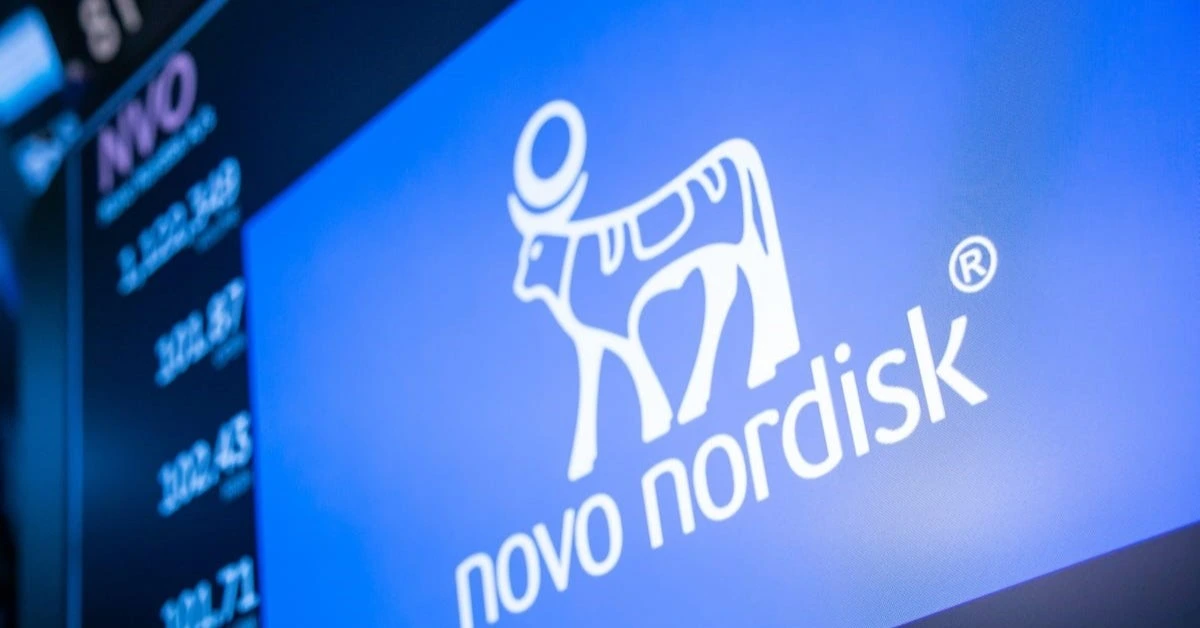
USA – Novo Nordisk has formally requested that the Food and Drug Administration (FDA) prevent compounding pharmacies from producing unapproved and often cheaper versions of its popular weight loss drug Wegovy and diabetes treatment Ozempic.
The company argues that the complex nature of these medications makes them unsafe for compounding pharmacies to manufacture.
The active ingredient in both Wegovy and Ozempic, semaglutide, has faced intermittent shortages over the past two years, prompting patients to seek compounded alternatives.
These compounded versions are often seen as more affordable solutions, especially considering the brand-name drugs can cost around US $1,000 per month without insurance coverage.
However, Novo Nordisk asserts that the risks associated with these unapproved copies—including potential impurities, incorrect dosages, and even formulations that contain no semaglutide—are significant.
“Semaglutide products fit this description due to their inherent complexity and the potential dangers associated with attempting to compound them,” Novo Nordisk stated in a recent announcement.
The company emphasized that its nomination of semaglutide to the FDA’s “Demonstrable Difficulties for Compounding” list aims to ensure that patients receive only FDA-approved, safe, and effective semaglutide products.
FDA’s review process
The FDA has confirmed that it is currently reviewing Novo Nordisk’s petition and will provide a response directly to the company.
This decision comes on the heels of Novo Nordisk’s aggressive legal strategy, which has seen the company file 50 lawsuits against various clinics, compounding pharmacies, and manufacturers over the past year.
Earlier in the month, the FDA warned that compounded versions of semaglutide and similar medications can pose serious risks because they are unapproved, meaning the agency does not evaluate their safety, effectiveness, or quality.
Reports have also surfaced of patients overdosing on compounded semaglutide due to administration errors.
Industry landscape and implications
Both Wegovy and Ozempic remain under patent protection in the U.S. and internationally, and neither Novo Nordisk nor its competitor Eli Lilly provides the active ingredients to external manufacturers.
This lack of supply raises questions about the quality and safety of compounded products that are being marketed to consumers.
Eli Lilly, the maker of the diabetes treatment Mounjaro and weight loss drug Zepbound, has faced similar issues, recently filing cease-and-desist orders against various weight loss clinics and compounding pharmacies for selling compounded tirzepatide.
In a notable turn of events, the FDA removed tirzepatide from its shortage list earlier this month, despite ongoing reports from pharmacies regarding difficulties in stocking the branded version of the drug.
As the healthcare community grapples with these issues, Novo Nordisk’s push for regulatory intervention highlights a broader concern about patient safety in the space of compounded medications.
“These drugs are inherently complex to compound safely, and the risks they pose to patient safety far outweigh any benefits,” the company reiterated.
XRP HEALTHCARE L.L.C | License Number: 2312867.01 | Dubai | © Copyright 2025 | All Rights Reserved